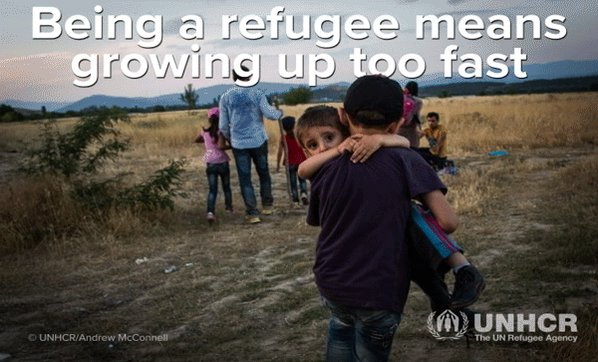A reflection from Evensong at St Mary's on the Eve of John the Baptist. The readings were: Genesis 24:1-27 and Mark 5:21-end. A reflection based around a poem by Lucille Clifton.
John the Baptist is the one who makes way for the Light.
The cousin who leapt for joy in his mother’s womb as Mary approached, that Light newly conceived in her.
The last of the prophets crying out in the wilderness, his strangeness strangely compelling.
One preparing the way for somebody bigger; challenging us to turn, to repent, to behold Love made flesh.
In a poem simply entitled John, the African American poet Lucille Clifton writes:
somebody coming in blackness
like a star
and the world be a great bush
on his head
and his eyes be fire
in the city
and his mouth be true as time
he be calling the people brother
even in the prison
even in the jail
i’m just only a baptist preacher
somebody bigger than me coming
in blackness like a star
His life and witness is like a thread running backwards through scripture, weaving us into God’s promise to Abraham, of descendants as numerous as stars.
somebody coming in blackness
That same thread can be traced onwards into Jesus’ ministry, unfolding in stories of tender touch bringing healing and new life.
somebody coming in blackness like a star
Today we celebrate John’s birth through the lens of an old man. Abraham, now advanced in years, looks back on God’s promise of blessing; and he looks forward to that promise being fulfilled through his descendants.
He prays for Isaac: for a wife of his own kin to be his kindred spirit; for a commitment to a place to be their home. The servant embarks on this endeavour - to find a woman of God’s choosing.
And at a spring, outside a town, in the practical intimacy of Rebekah giving water, a marriage is arranged and sealed with deep love.
A thread unfolds; God’s purposes worked out in love: somebody coming
Those purposes unfold in the giving of commandments to love; in the praise and lament of psalmist; in the messiness of history; in the cries of the prophets for mercy and justice.
And now somebody comes: i’m just only a baptist preacher
The crowds ask ‘Who art thou?’. He speaks in terms of who he is not - not Elias, not the Christ, No!
He is a voice preparing the way: unlocking the gate, standing as a way-marker, pointing beyond: somebody coming in blackness like a star
This baptist preacher be calling us brother. He holds no fantasies of his open ambition or greatness. Even in the prison and in the jail he be calling us brother; be calling us sister.
Behold! Look! See! Adore!
somebody coming
One who is like a star in the blackness of our human frailty.
This one will listen to a father’s anxiety.
Like a star in the blackness, this someone will draw crowds.
This somebody will notice when someone reaches out in faith.
This one will give the marginalised a place in the public square.
In the blackness of grief and death, this light will quietly bring life.
somebody coming... like a star
In life, John will speak words of fire and heat; challenge and repentance.
His mouth be true as time.
On a muddy river bank he will call us to behold one who is light and love and truth.
He says:
i’m just only a baptist preacher
somebody bigger than me coming
in blackness like a star
May respond to John’s witness in being alert to the light of God.
May we follow his witness in pointing others to Christ.
May our lives, like his, be marked with love of truth, mercy and peace.
In the power of the Spirit, may we behold and make known the love of God, revealed in Jesus.
© Julie Gittoes 2019







